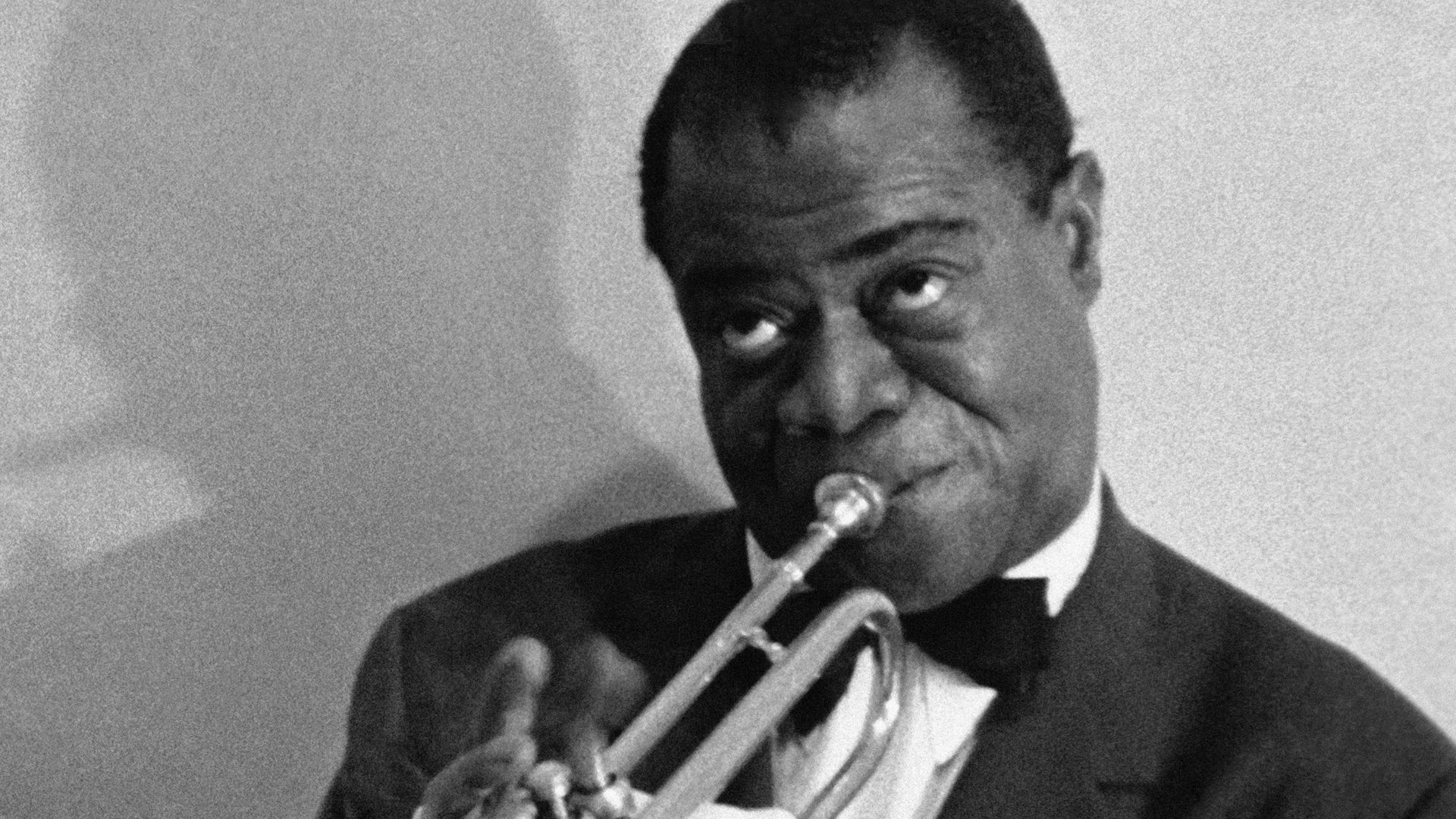
PETER TRUDGILL on the likeliest roots of perhaps the world’s most used word.
OK is one of the most successful English words of all time.
It is a relatively new word – the first recorded usage dates from the mid-1800s – but it has now spread to all varieties of English around the world, and to very many other languages as well.
It may be the most frequently used word on earth.
But there is a great deal of controversy about the origins of OK or okay.
Many different theories have been proposed as to where this word comes from, in part because etymologists – people who carry out scholarly research on the origins of words for the Oxford English Dictionary and other learned tomes – are a little out of their comfort zone with this one.
These academics tend to know a great deal about Latin, Ancient Greek and Sanskrit, and are also generally very well versed in Proto-Indo-European, Biblical Hebrew and Proto-Germanic.
They know all about Old Norse, Old English and Old French, and older forms of other languages.
But it is probably not totally unfair to say that they seem somewhat stumped over the word OK.
The strongest suggestion that etymologists have been able to come up with is based on the fact that OK looks like an acronym, similar to BBC ‘British Broadcasting Corporation’ and TNE ‘The New European’.
The hypothesis is that OK was a jocular American abbreviation standing for ‘all correct’ – as in orl korrect.
This is a conjecture which does not sit easily with the linguistic facts. Most Americans, unlike many English people, would not pronounce all and orl (if there was such a word) the same.
Like the Irish and Scots, most North Americans do not say shawl and schorl (a mineralogical term for tourmaline) identically, and would quite naturally articulate the r when pronouncing orl.
But we are certain that OK was originally an Americanism – the first definite records of the word in print come from the USA in the 1830s.
Another theory has it that OK came into prominence during the US elections of 1836, when the Democratic presidential candidate Martin Van Buren became known as “Old Kinderhook”, abbreviated to OK.
Kinderhook is the (originally Dutch) name of the town in New York State which he came from.
But there is yet another hypothesis which to me is much more persuasive. We know of much earlier instances of okay which was recorded from the 1700s in North Carolina.
In the 18th century, the southeastern states of the USA, including North Carolina, were slave states.
At that time many thousands of unfortunate people of West African origin were living in those states, as a result of the inhumane capture and forcible transportation across the Atlantic of huge numbers of Africans who, if they managed to survive the crossing, were enslaved in the United States. And the original West African arrivals of course brought their native languages with them.
Most European etymologists tend not to be as well-informed about West African languages as they are about Indo-European languages.
However, one linguist who did know these languages well, Professor David Dalby of the School of Oriental and African Studies, argued that the origin of okay almost certainly lay in the major West African languages Wolof and Mandinka, which are spoken in Senegal and neighbouring countries and were used as lingua francas amongst African slaves who were thrown together with no mother tongue in common: Wolof waw-kay and Mandinka o-ke, ‘yes, indeed’, are used in very much the same way as English okay.
This West African word was then transferred to the English of the slaves as they learnt the slave-owners’ language, and later found its way into the English of southern whites.
As okay became increasingly popular and spread beyond the South, Americans made sense of it by writing it as OK.
There are several other words of probable West African origin which came it into English in the same way.
Warning: Illegal string offset 'link_id' in /mnt/storage/stage/www/wp-includes/bookmark.php on line 357
Notice: Trying to get property 'link_id' of non-object in /mnt/storage/stage/www/wp-includes/bookmark.php on line 37







